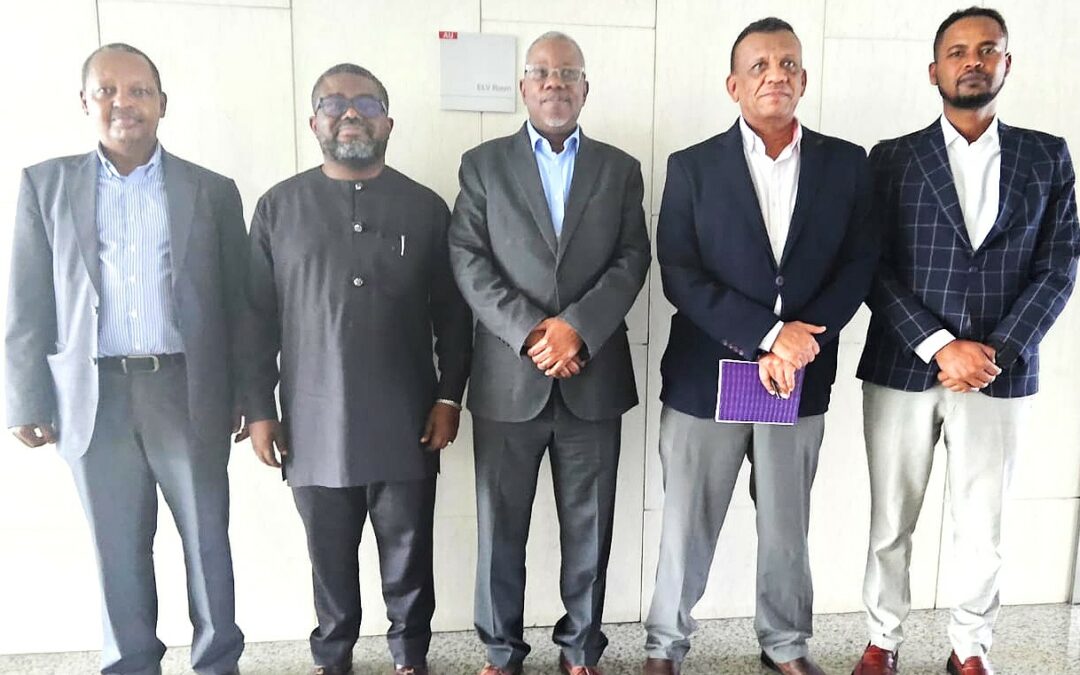In a significant step toward realizing Africa’s digital ambitions, the Regional African Satellite Communications Organization (RASCOM) has strengthened its collaboration with the African Union Commission (AUC) during a high-level working visit to AU headquarters.
RASCOM Director General Timothy Adi Ashong met with Dr. Kamugisha Kazaura, the AUC’s Director for Infrastructure and Energy, to align strategies for accelerating Africa’s connectivity under Agenda 2063. The discussions focused on leveraging satellite technology to bridge digital divides and foster regional integration.
“Africa’s digital transformation requires synchronized efforts between regional organizations and continental bodies,” stated Ashong during the meeting. “RASCOM stands ready to deploy its satellite resources to support the AU’s vision of a fully connected Africa.”
Notably, the delegation included Mr. Eshet Tesfaye Tafes, Communication Satellite Project Leader at the Ethiopian Space Science and Geospatial Institute, who serves dual roles as Ethiopia’s representative on the RASCOM Board. His participation underscored the growing importance of national space agencies in regional digital initiatives.
Dr. Kazaura emphasized the meeting’s timeliness: “As we implement the AU’s Digital Transformation Strategy, RASCOM’s satellite infrastructure becomes increasingly vital for reaching last-mile communities and enabling cross-border services.”
This strategic dialogue marks a new chapter in pan-African digital cooperation, positioning satellite communications as critical infrastructure for achieving the AU’s aspirations of a unified digital market and knowledge-based economy. With RASCOM’s QAF-1R satellite already providing continental coverage, the strengthened AU partnership promises to amplify impact across all 55 member states.
As Africa moves toward the 2063 goals, such institutional collaborations demonstrate how regional organizations can operationalize continental blueprints into tangible connectivity solutions ensuring no African community gets left behind in the digital revolution.

